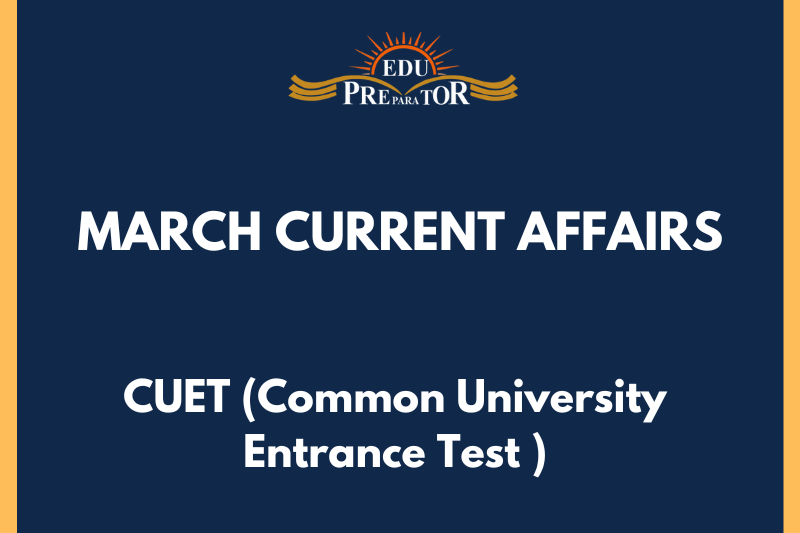
Reformative Measures for Temples in Karnataka: Introduction of Karnataka Temple Bill
Karnataka Temple Bill: An Overview and Its Intentions
- The Karnataka Hindu Religious Institutions and Charitable Endowments (Amendment) Bill, 2024 was recently passed by the State Legislative Assembly of Karnataka.
- The Bill proposes to create a Common Pool Fund by collecting 5% from temples with gross income between ₹10 lakh - ₹1 crore, and a 10% levy on temples with an income above ₹1 crore annually.
- The fund is proposed to be administered by a body named 'Rajya Dharmika Parishath'.
- The fund aims to provide for welfare measures such as insurance coverage, death relief funds, and scholarships for children from families of priests, as well as maintenance of state-controlled 'C' category temples with an annual income below ₹5 lakh.
Comparison with Temple Revenue Collection Systems in Other States
- In Telangana, religious institutions with annual earnings above ₹50,000 must contribute 1.5% of their income to the state government.
- Kerala manages its temples through state-run Devaswom (temple) Boards.
- In Uttarakhand, 51 temples and shrines, including Badrinath, Kedarnath, Yamunotri, and Gangotri, were liberated from state government control in 2021.
Historical Perspective on Regulation of Temples in India
- The Justice Party introduced the Madras Hindu Religious Endowments Act in 1927.
- In 1950, The Law Commission of India aspired to regulate the misuse of temple funds and assets via an act of law.
- The Tamil Nadu Hindu Religious and Charitable Endowments (TNHR&CE) Act was enacted and its constitutional validity was questioned in the Supreme Court. However, in the famous Shirur Mutt case, the Supreme Court upheld the law while nullifying certain provisions. The revised TNHR&CE Act, legislated in 1959, still stands today.
The Hindu Religious Endowments Commission: An Insight
- In 1960, the Hindu Religious Endowments Commission was established by the Government of India, led by Dr. C. P. Ramaswami Aiyar.
- The Commission's role was to investigate issues related to Hindu Public Religious Endowments.
- The Commission stated the necessity of government control over temples to prevent their mismanagement and neglect, noting that the lack of regulations in some states led to general apathy towards these institutions.



Comments
Nam cursus tellus quis magna porta adipiscing. Donec et eros leo, non pellentesque arcu. Curabitur vitae mi enim, at vestibulum magna. Cum sociis natoque penatibus et magnis dis parturient montes, nascetur ridiculus mus. Sed sit amet sem a urna rutrumeger fringilla. Nam vel enim ipsum, et congue ante.
Cursus tellus quis magna porta adipiscin
View All